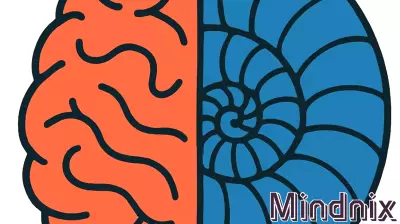April 19, 2025 - 22:59

In recent years, America has witnessed a troubling surge in personal and national debt, raising concerns about the long-term implications for its economy and citizens. This growing debt crisis can be attributed to a complex interplay of psychological and societal factors that influence spending behaviors and financial decisions.
Many individuals find themselves trapped in a cycle of consumerism, often driven by societal pressures to maintain a certain lifestyle. The allure of instant gratification, combined with the normalization of credit use, has led to a culture where borrowing is commonplace. Psychological factors, such as the desire for social acceptance and the fear of missing out, further exacerbate this trend, compelling individuals to overspend and accumulate debt.
Moreover, systemic issues such as stagnant wages and rising living costs contribute to the financial strain faced by many Americans. As individuals struggle to make ends meet, they increasingly turn to credit as a means of survival, perpetuating a cycle of debt that can be difficult to escape. Understanding these underlying forces is crucial for addressing the growing debt crisis and fostering a more sustainable financial future.



